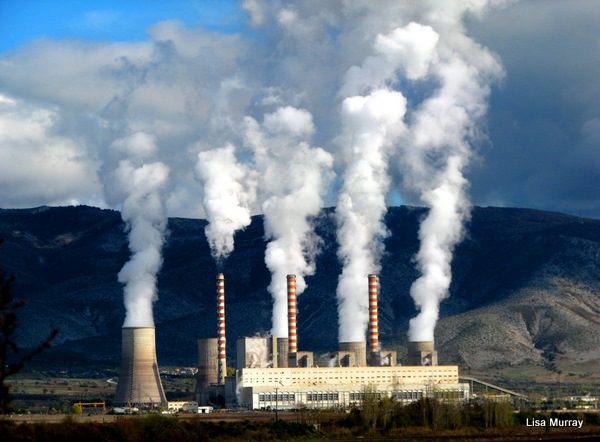"Can we treat climate change as an ethical problem?"
July 25 Climate change has been regarded as an environmental or business issue, but Naman Sanghvi, 23, a Correspondent from India, argues that viewing it as an ethical issue changes the imperative for action.
Climate change has been regarded as an environmental or business issue, but Naman Sanghvi, 23, a Correspondent from India, argues that viewing it as an ethical issue changes the imperative for action.
Can we evoke greater motivation among negotiators if climate change were to be treated as an ethical problem and not simply a leash on a country’s economic growth?
If a country has increased cases of violence against women, can the government let itself off the hook by saying – “It is too expensive to crack down wrong-doers to stop violence against women”?
Or if an epidemic broke out could governments simply say “if the neighboring country takes some action, only then will I take some action”?
Governments will not be able to justify any inaction to its people about a ‘flood’ or ‘epidemic’ by giving an economic reasoning. Economically viable or not, they are issues that simply cannot be ignored.
Somewhere it is our perception towards such issues that greatly affects our response to them, and our perception is greatly determined by what we accept as ‘morally correct and morally incorrect’. An issue like violence against women or inaction during a flood is morally not justifiable, and being an ethical issue it pressurizes governments to take swift action and minimize damage, regardless of economic implications. Will treatment of climate change as an ethical issue inspire a better and more impactful response?
Climate change will displace communities, submerge homes and kill entire species. If an individual in a foreign country were to intentionally kill an individual (let alone an entire species) and cause destruction of property, will s/he not face severe legal action? Can we look at the activities aggravating the climate change problem analogously? Now when such crimes are being committed on a much grander and global scale, why are economic benefits and implications of tackling climate change being discussed?
Corporations continue with their activities because the law allows them to. A heavy crackdown, stringent laws and strict enforcement by governments is still not widely in effect given the economic and political ramifications they will have. What if everyone saw this no longer as ‘a development causing a downside to economic activity’, but as ‘a moral obligation’? Can the response towards climate change be different?
Right now countries look at how climate change will affect their economic progress, which though a very strong point in the short run will be ‘of no value’ in the long run. Interestingly climate change, though being a ‘threat to society’, unlike most threats has a long-term economic benefit and business opportunity- it is all about our horizon and perspective on what is long-term. As natural resources get scarcer and more expensive, renewables and sustainable practices will be ‘the only’ path forward. Initiating a switch now would prove to be more economical and profitable in the longer run than having to switch immediately.
Will governments reason and negotiate the way they have been currently doing business – from an economic perspective – if there were consensus about the ‘nature’ of the problem of climate change? Governments must treat ‘inaction’ towards climate change as a ‘morally wrong conduct and practice’. Stricter enforcement should be introduced. It is in the nature of businesses to survive through tough times. Businesses have a unique ability to find their way through and survive amongst tough times. Effects of combating climate change will be tough in the short term on economic profit, but corporations will find their way and long-term longevity of society will be foreseeable if not ensured.
At an international level, looking at the issue of climate change from an ethical perspective just might help.
photo credit: lisamurray via photopin cc
…………………………………………………………………………………………………………………
About me: I am an Engineering graduate passionate about renewable energy, and am currently working in Renewable energy sector (Business Development for a IPP)
In college I dabbled in various projects ranging from: growing plants with an irrigation system I designed, designing and racing an All-Terrain Vehicle, and developing a carbon footprint calculator.
My interests lie in the business side of renewable energy and the intersection of youth and social innovation. I am currently based out of Mumbai, and can be reached at sanghvi.naman1@gmail.com
…………………………………………………………………………………………………………………
Opinions expressed in this article are those of the author and do not necessarily represent the views of the Commonwealth Youth Programme. Articles are published in a spirit of dialogue, respect and understanding. If you disagree, why not submit a response?
To learn more about becoming a Commonwealth Correspondent please visit: http://www.yourcommonwealth.org/submit-articles/commonwealthcorrespondents/
…………………………………………………………………………………………………………………




